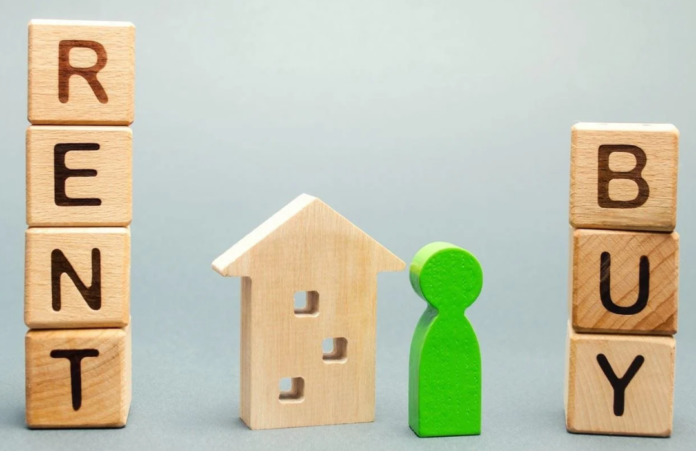
Buying a second property is a dream for many homeowners across the country. But it’s not a rosy prospect as it’s ridden with numerous complications. You may need to find financing while still paying off the mortgage on the first property. Becoming a landlord and finding tenants to occupy the property is also a challenge by itself.
While getting started can seem complicated and often impossible, the future financial payoff makes the whole process worthwhile. All you need during the preliminary stages is careful planning and execution. Today will attempt to answer some common questions you may have as you consider the possibility of buying a second home and renting out the first in Canada.
Is it a good idea to rent out your house?
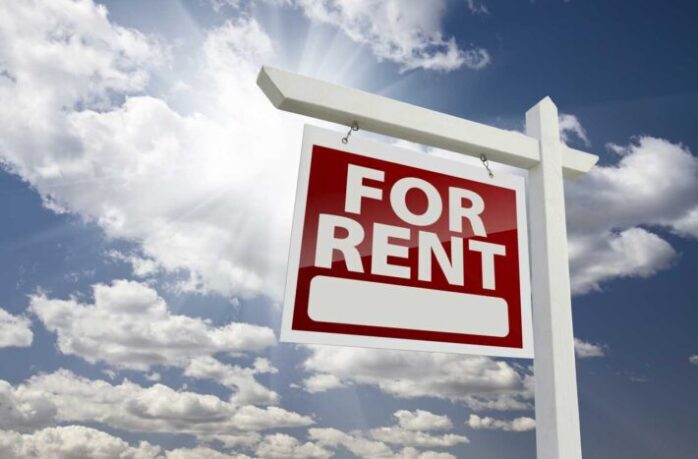
From a financial standpoint, venturing into real estate is one of the best wealth-building strategies you can employ. Rather than selling your first starter, it may be more worthwhile to rent it out and include it as part of your investment portfolio. Even if you choose to sell the property, there might be costs to pay such as commissions and renovation expenses. The property may sit out in the market for a long time.
They are also lifestyle considerations to make. You may be forced to relocate to a different area for a prolonged period of time. And you may have dreams of returning back to your first starter and making it your retirement home.
Becoming a landlord also means that you may get to enjoy certain tax benefits. In Canada, it’s permissible to deduct any reasonable expenses incurred to generate the rental income. For instance insurance, advertising, office expenses, professional fees, management & administration fees, repair & maintenance, property taxes, and utilities. There are also certain expenses that can’t be deducted such as mortgage principal or the value of your own labor.
By making these considerations, you can gauge the value of buying a second home and renting out the first in Canada. Now let’s talk about the cons of renting out your home before we move on to the pros, so you can have a fuller picture.
Cons of Renting Out Your Home
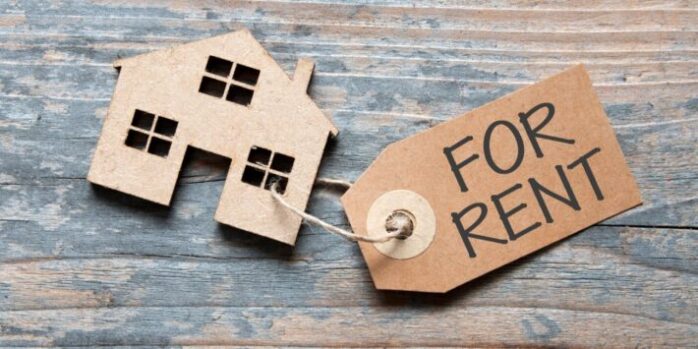
1. Filing your taxes is more complicated
Consider that you have to file a statement of your income and expenses in order to calculate the payable tax for the income generated by your rental property. This requires that you complete the T776 form.
2. Taking on the role of the landlord
Managing a rental property may be more complex than you think. You need to deal directly with tenants and address any issues that they may have. Similarly, it’s your role to ensure that the property is kept in proper order. Collecting rent may pose another headache altogether.
One way to avoid this is to hire a dedicated property manager. They may be tougher on rent collection, code violations, disturbances, and other issues such as how long a tenant can have a guest. Learn more about such issues. The only disadvantage is that they charge about 8 to 10% of the monthly rent.
3. Various costs

Landlords also have to deal with other costs. You may need to renovate your home before it becomes ready for rental use. At times, you’ll need to part with repair and maintenance costs. There might be eviction and legal fees down the road when dealing with problematic tenants.
4. Complying with building codes
Before making your property available for rent in Canada, you have to ensure that it strictly adheres to building codes to limit your liability. There are also laws that you have to abide by when it comes to issues such as offering notices for overdue rent or formal evictions.
5. Dealing with vacancy
The positive aspect of Canada’s rental housing market is that there is a current strong demand for rental units. Construction of rental housing has been rising steadily but it may reach a point that the amount of inventory is more than the supply. In such cases, landlords have to deal with high vacancy rates.
We recommend that you consult the CMHC’s annual Rental Market Survey to view the average vacancy rate in your region.
Pros of renting out your home
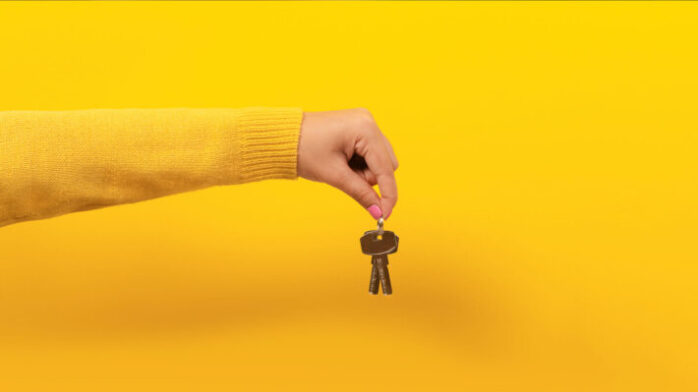
1. Generate additional income
Are you looking for more stability in your income? Having multiple properties that generate returns on a monthly basis is a sure way to achieve your goal.
2. Deduct expenses
You get the chance to deduct a wide range of expenses that were incurred in generating rental income. You can find a full list of these expenses on the official government website. Additionally, and under certain conditions, you may deduct capital cost allowance (CCA) for a depreciable property such as the building used for the rental business.
3. Avoiding the complications of selling
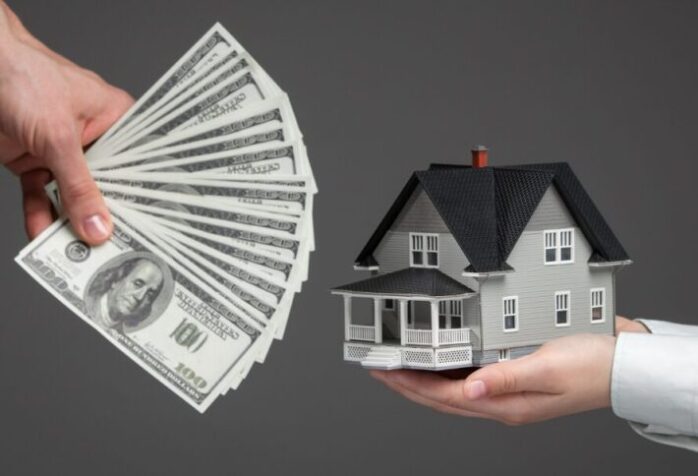
It’s not guaranteed that you may list your home for sale during the current market and automatically find a buyer. Rather than going through the complicated process of selling a home that has an outstanding mortgage, you may rent it out and use the rental income to pay for the home.
4. Building equity
Equity represents the share of ownership in a property. It may allow you to access credit in dire situations, for instance, taking out a home equity line of credit.
5. Waiting for the property’s value to increase
Does your home have the potential to be worth much more in a couple of years than its current market price? If you hold this view, you may choose to rent out your house and live in the second home.
How to rent out your house and paying for a second property: Quick Tips
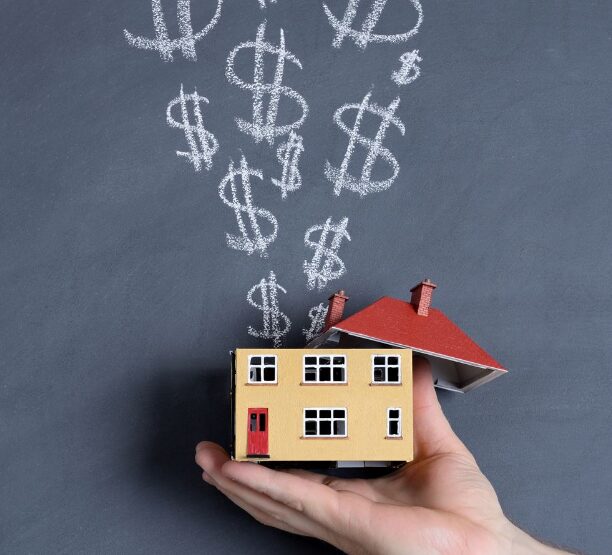
- Speak to your local government office to find out what’s needed to convert your primary residence into a rental property.
- Contact your mortgage company and ask if there’s a clause in the initial agreement that prevents you from renting out the home.
- Find out more about the change of use process. For instance, every time the property undergoes a change of use, the government considers that you have sold the property under the current market price and immediately reacquired it.
- Evaluate your finances to determine if it’s possible to take out a second mortgage. You may also consider alternative financing options such as a HELOC or personal loan.
- Determine if your home is attractive to renters such as its proximity to amenities or its standout features.
Is buying a house to rent out a good idea?
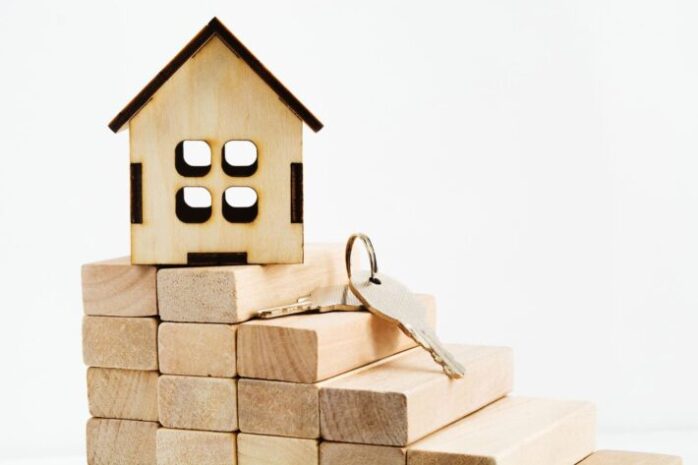
It’s one of the most popular investment strategies used by investors to build up real estate portfolios. You may start by identifying properties in the market. Find a well-priced property and evaluate if the rent you’re going to charge will be sufficient to cover all your expenses leaving a small profit margin.











